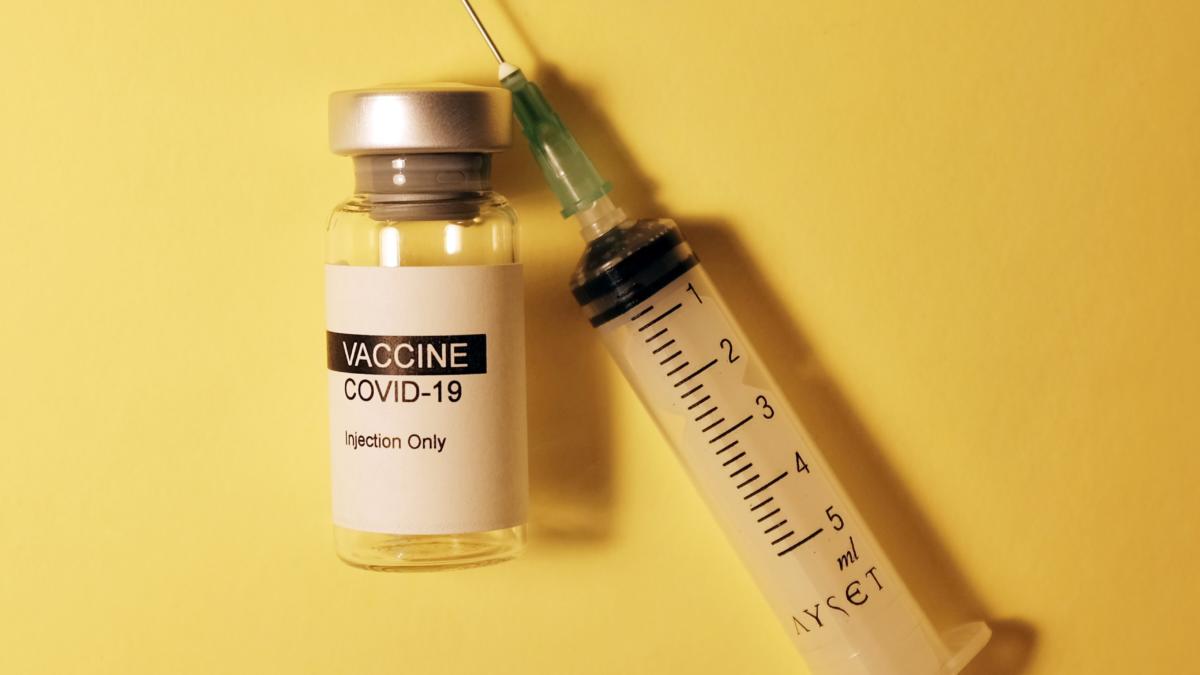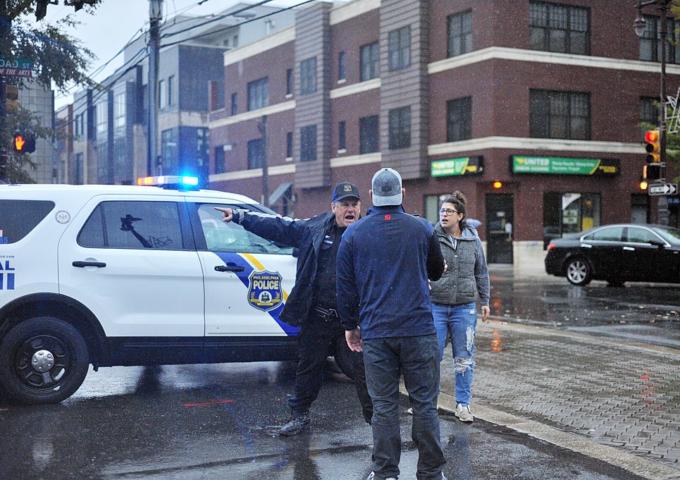As Pennsylvania reopens this summer, it’s crucial that local communities and businesses are supported throughout the process. This includes protecting their access to key tools and services, like digital platforms.
At GSD Solutions, we’re a virtual event production company, and we have seen firsthand how critical technology has been, especially over the past year. When COVID-19 hit, demand for our services skyrocketed, and we have since helped dozens of clients host webinars and grow their online presence. Even with in-person events returning, companies are still interested in digital engagement because it’s affordable
and provides a higher return on investment.
The accessibility of internet-enabled services has been especially helpful for minorities and marginalized communities, who were disproportionately affected during the pandemic. According to the Federal Reserve Bank, almost half of all Black-owned small businesses shuttered their doors by April 2020. But free digital systems – many of which we utilize as well – have allowed countless others to stay afloat and helped us all level the playing field.
As tech-related policy discussions continue to pick up among lawmakers on topics including how they moderate online content, we should hope that they can keep the small business perspective in mind. The current landscape of services, platforms, and surrounding policies has provided critical infrastructure for our operation and countless others and will only be more critical in the months ahead.
Georgie-Ann Getton | GSD Solutions
______________________
In support of Walnut Street Theatre
I am appalled that Philly news publications would give voice to a disgruntled actress and publish untrue and unverified information to tarnish the reputation of the most successful subscription-based theatre in the world and the oldest active operating theatre in the United States. News publications have a duty to verify their sources. The fact that they have been running articles without verifying their sources just causes distrust for news organizations.
The Walnut Street Theatre gives local actors and actresses the ability to practice their craft and get paid well to do so. They are an equity theatre that must follow the rules of equity in putting on their productions. The complaints being alleged in the news by an actress and her small hate group that probably were not qualified to get a role that they thought they should have or were fired for incompetence and whose only recourse is to use bullying tactics on social media, is an example of irresponsible journalism.
I started going to the Theatre after memories of me going on school trips when I was a child. I subsequently decided to bring my children and expose them to the joys of live theatre. The Walnut Street Theatre is easier to travel to than NYC and equal in every way to Broadway. I have been a subscriber for over 15 years.
About 10 years ago I started donating to one of the funds to benefit minority children. As a result, I was invited to a dress rehearsal where I saw many schools attending the dress rehearsal for free, as part of their adopt-a-school program.
There have been many shows over the years that have cast every group imaginable. To state as a fact that the theatre or Mr. Havard practice racism, transphobia, body shaming and misogyny is, besides being completely false, is also not based on any firsthand accounts by its accuser and is based on hearsay and anonymous allegations.
After the devastation of COVID, you should be writing about the upcoming season and how wonderful it is that Philadelphia’s theatre community is working again.
W. Miller | Linwood, N.J.
___________________
The delicate balance of university innovation and translation
The “virtuous cycle” of accelerated technology transfer – the process by which university research funded by the federal government can be licensed, refined and marketed by private businesses – has been the driver for a whole string of uniquely American tech successes, from quantum computing to cutting-edge medical treatments.
Accelerated transfer works so well that it’s easy to forget how new – and how delicate – the policy balance is, or how the system was once so difficult to navigate.
Back in the late 1970s, America’s innovation pipeline was clogged. Then as now, university researchers were developing basic scientific knowledge through their research. And the business community was eager to engineer that knowledge into new consumer products. But because the patents on federally-funded science were held by the federal government itself, licensing the research became a bureaucratic obstacle course.
Both university researchers and the business community wanted reform, and the struggling economy of that time certainly needed it. U.S. Sens. Birch Bayh (D-Ind.) and Bob Dole (R-Kan.) partnered on a new system. Under their proposal, research institutions that conducted federally-funded research would be allowed to patent their work, and to license their intellectual property directly to the private sector.
The Bayh-Dole Act ushered in a new era of scientific discovery and economic innovation unlike anything the world had seen before.
The results speak for themselves. According to one study, the total economic output generated by the Bayh-Dole research cycle between 1996 and 2017 was $1.7 trillion, resulting in over 14,000 new businesses and 5.9 million jobs.
Bayh-Dole unleashed the benefits of America’s innovation ecosystem and has been hailed as “the most inspired piece of legislation to be enacted in America over the past half-century.” Notwithstanding this success, some lawmakers want to use the law’s “march in” authority – which allows the government to relicense innovations in limited circumstances – as a backdoor mechanism to regulate drug prices.
Sens. Bayh and Dole clearly stated that the “march in” provision was written to encourage patent holders to license their work for development and was never intended to be a price control mechanism. Distorting that original intent would inhibit university-industry transfer and the very research pipeline that produces life-saving healthcare treatments.
America’s innovative, economic edge has long been bolstered by a strong policy framework that encourages public-private partnerships. This is why I’m heartened to see bipartisan support for much-needed investments in scientific research as part of the U.S. Innovation and Competition Act.
These investments could yield new breakthroughs that transform our industries and spur widespread economic opportunity. For that potential to be realized, though, we must ensure that any discoveries or technologies generated by this activity are transferred from the laboratory to the private sector for commercialization.
The Bayh-Dole Act is the linchpin for this delicate balance. So long as we preserve its merits, we stand poised for a generational transformation of our innovation infrastructure.
Kelly Sexton, Ph.D., is the associate vice president for Research – Technology Transfer and Innovation Partnerships at the University of Michigan.




